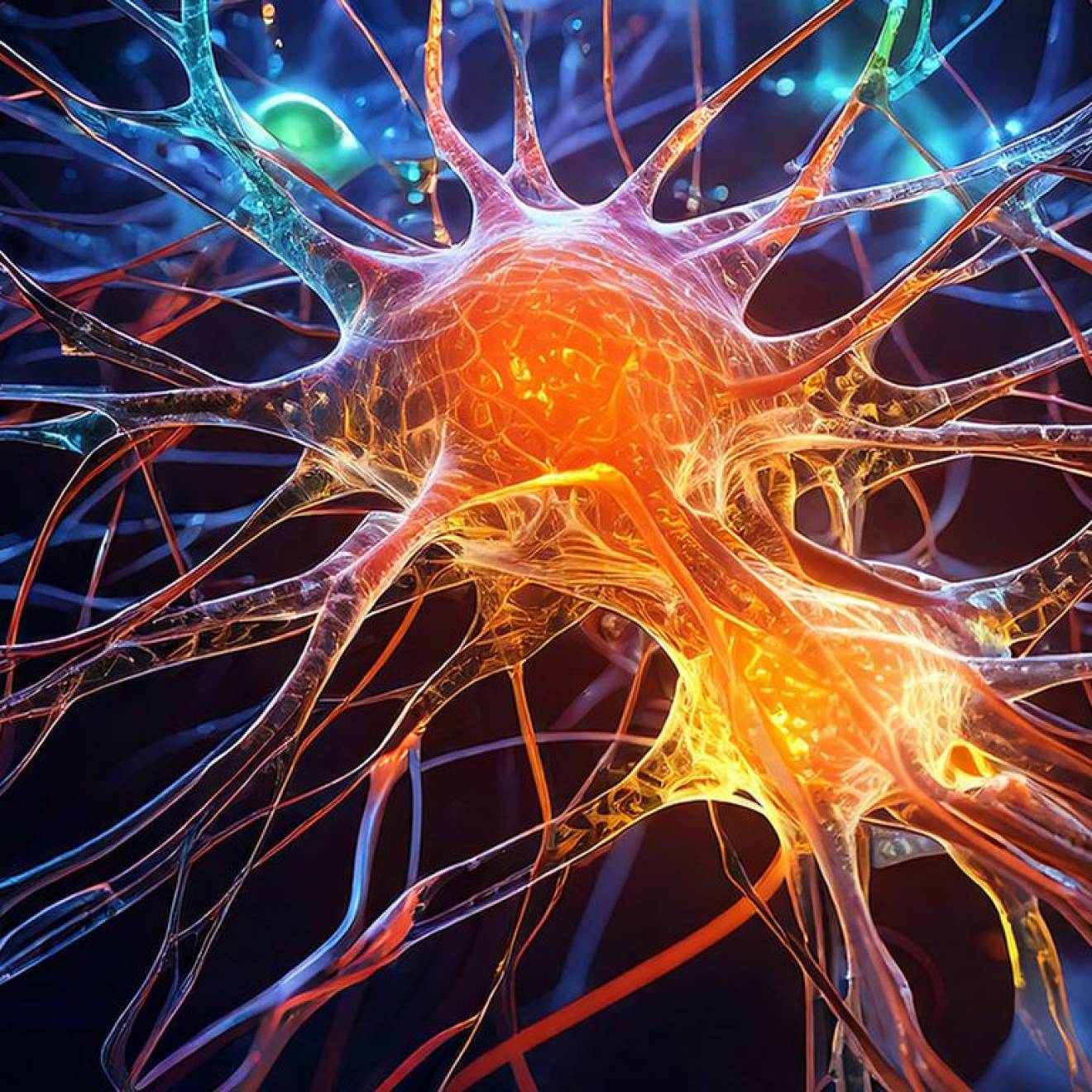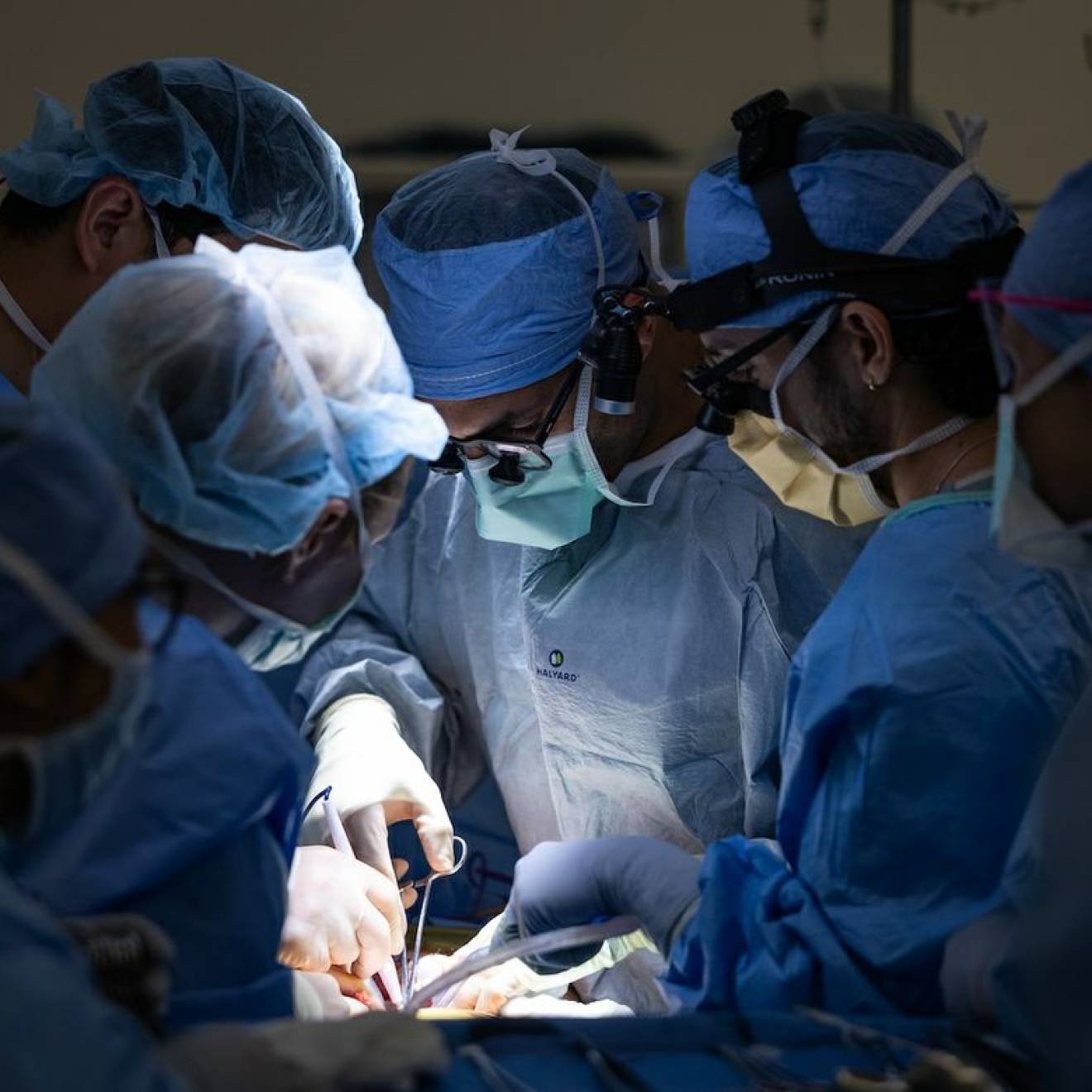Julia Busiek, UC Newsroom
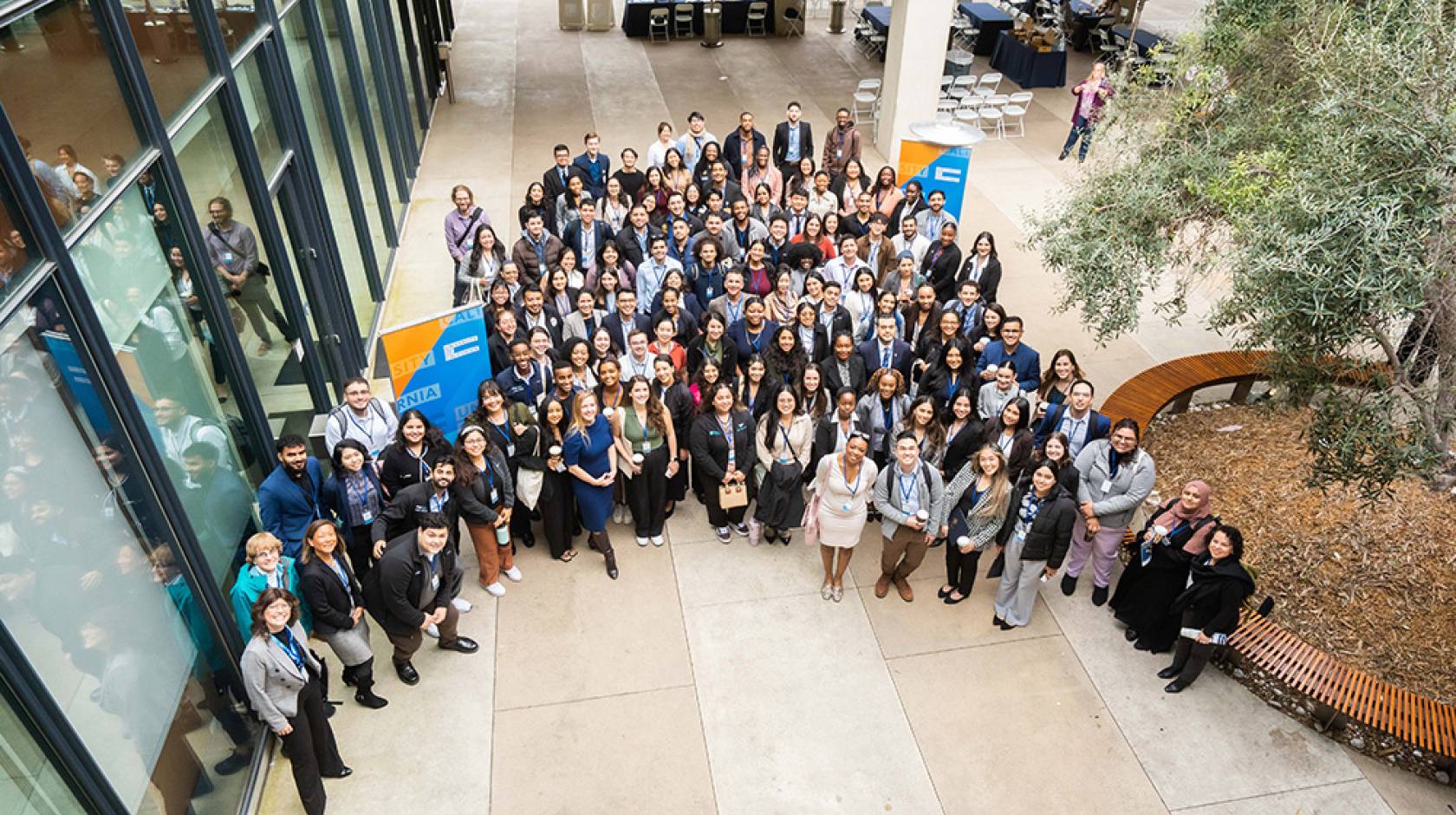
Danny Doan never dreamed of going to medical school when he was a kid.
“Growing up as a first-generation child of Vietnamese immigrants, I never knew I could be a doctor because I never saw any doctors that looked like me,” Doan says. He’s from Westminster, the Orange County town that’s “affectionately referred to as Little Saigon,” Doan explains, because it’s home to a big population of Vietnamese refugees. Even so, he and his family often had a hard time getting care, and few providers were fluent in Vietnamese.
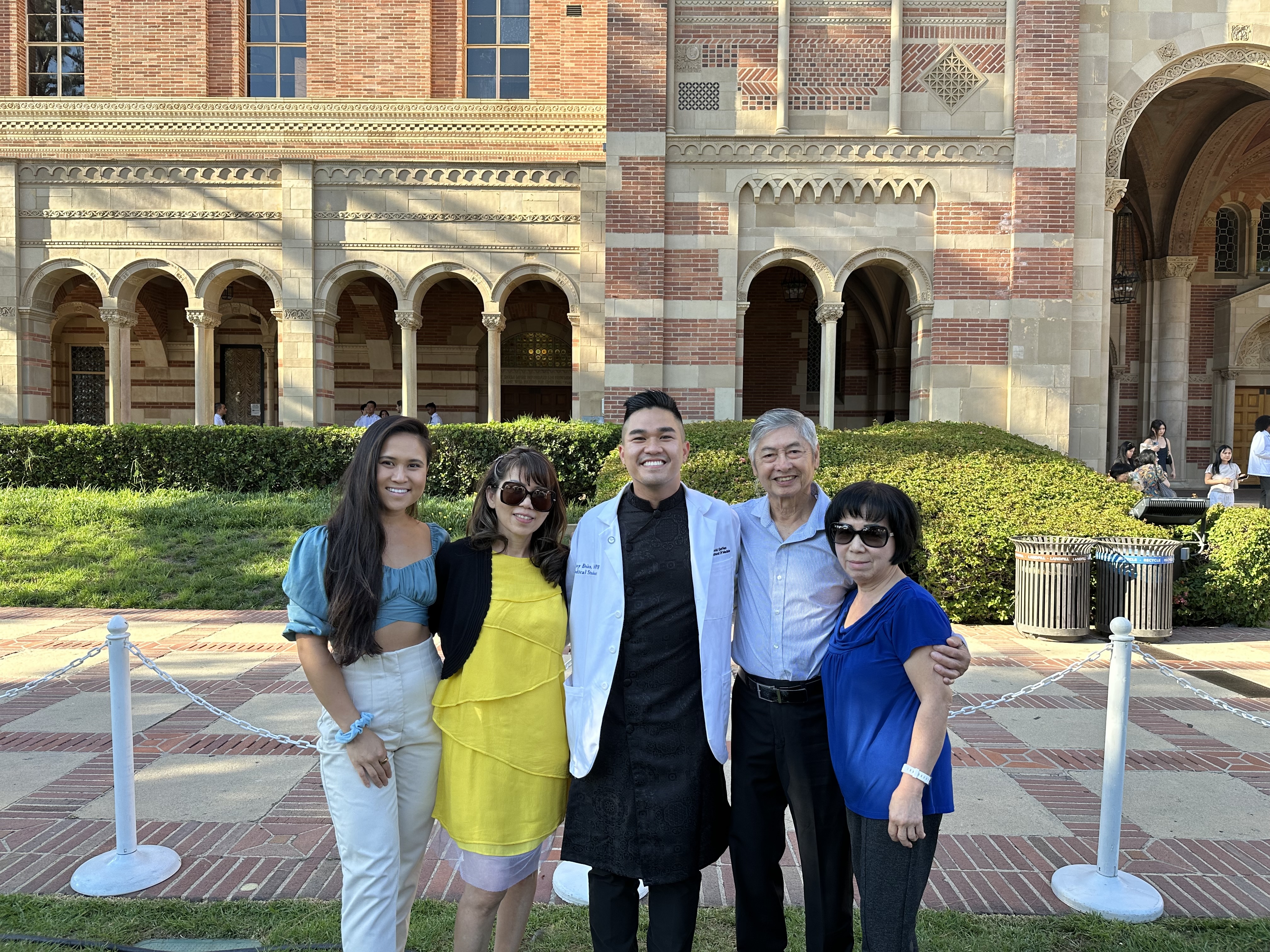
When Doan was in his freshman year at UCLA, his grandmother had to spend some time in the hospital seeking treatment for a chronic illnesses. Since Doan grew up speaking English and Vietnamese, he became his grandma’s go-to medical interpreter and insurance paperwork whiz.
“That was really what exposed me to medicine and health care and realizing that folks from my community need somebody that looks like them to be able to not only advocate on their behalf, but also be able to provide hands-on care,” Doan says.
The UC PRIME difference
Doan has since made good on that long-ago lesson: he earned highest honors in his undergraduate class at UCLA, picked up a master’s in public health at Columbia, and is now in his first year of medical school at the David Geffen School of Medicine at UCLA, which is among the top 10 medical schools in the country. Doan is well on his way to lofty career heights — but he’s committed to providing health care to California communities that need it the most.
Doan is one of 98 UCLA medical students enrolled in UC PRIME, a med school track for students dedicated to serving communities for whom language, race, class, culture and geography have put health care out of reach.
Now in its 20th year, UC PRIME (Programs In Medical Education) offers an equity-focused medical education to students at all six UC academic health centers. PRIME currently spans 10 programs, which recruit and train diverse future physicians through specialized coursework, hands-on clinical training, research and service. In 2019, a coalition of California health, education and workforce development leaders recognized UC PRIME as a model for training “highly motivated, socially conscious graduates who will become licensed physicians practicing in underserved communities.”
“I believe that the UC PRIME program is uniquely seated at the nexus of medicine and social justice,” Doan said. “Its goal has been to raise a new generation of physicians: A generation that questions social constructions, challenges prevailing paradigms and leads the advancement of medicine into the 21st century. I hope that by collaborating, we will advance health and livelihoods for all Californians.”
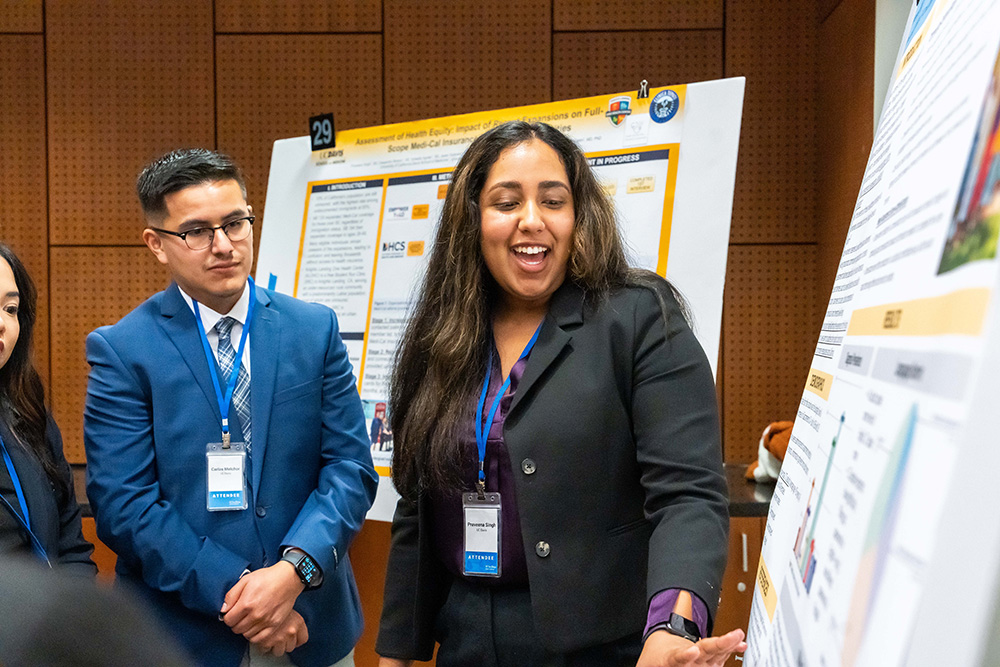
Doan was among about 200 students who gathered at UC San Diego last month for the UC PRIME statewide conference. The annual three-day event was a chance for students from all ten PRIME programs to present their original research, connect over shared ambitions and hatch plans for future collaboration aimed at fixing the parts of California’s health care system that don’t work for the communities and cultures that made them who they are.
For Doan and many of his classmates at the conference, the quest for a health care system that meets the needs of every Californian is shaped by their and their families’ experiences of being overlooked, misunderstood, dismissed and priced out of good health care.
"It's my goal to be a physician leader, to go back to Westminster, go back to Little Saigon and be able to serve my community," Doan said.
